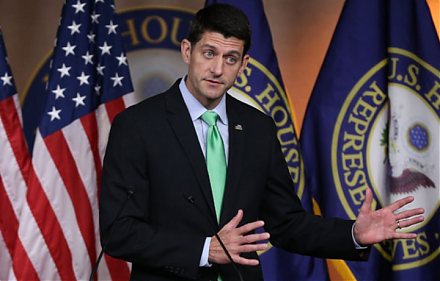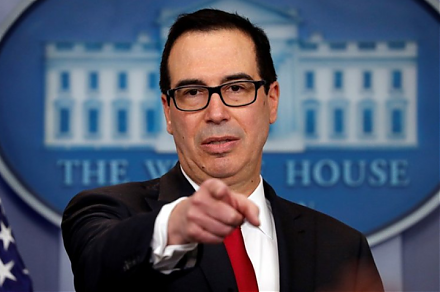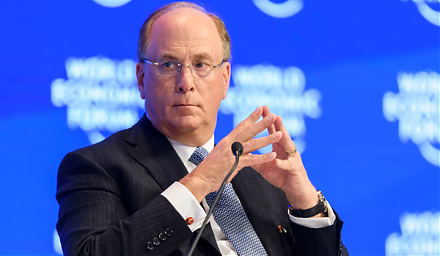

2018-02-15 07:43:00 Thu ET
federal reserve monetary policy treasury dollar employment inflation interest rate exchange rate macrofinance recession systemic risk economic growth central bank fomc greenback forward guidance euro capital global financial cycle credit cycle yield curve
Fed minutes reflect gradual interest rate normalization in response to high inflation risk. FOMC members revise up the economic projections made at the December 2017 committee forum. Many key economists and market watchers expect gradual further hawkish adjustments in U.S. monetary policy. These hawkish adjustments inevitably entail interest rate hikes that help constrain money supply growth near full employment. In effect, these gradual hawkish adjustments help better balance the inexorable and mysterious trade-off between inflation and unemployment.
As Treasury bond yields rise in response to this hawkish monetary policy stance, most major U.S. stock market indices such as Dow Jones, S&P 500, and NASDAQ decline as a result.
Several FOMC members remain cautious about high asset valuation and leverage within Corporate America. Numerous public corporations make productive use of debt and cash stockpiles with generous dividends and share repurchases. Further, excessive cash accumulation, high asset valuation, and incessant corporate debt usage breed financial contagion with minimal impact on real macro variates such as economic output, employment, and capital investment. This recent trend may or may not sustain in the long run. The resultant concern signals bouts of potential financial instability outside the financial system.
If any of our AYA Analytica financial health memos (FHM), blog posts, ebooks, newsletters, and notifications etc, or any other form of online content curation, involves potential copyright concerns, please feel free to contact us at service@ayafintech.network so that we can remove relevant content in response to any such request within a reasonable time frame.
2018-12-23 13:39:00 Sunday ET

The House of Representatives considers a government expenditure bill with border wall finance and therefore sets up a shutdown stalemate with Senate. As fre
2018-10-13 10:44:00 Saturday ET

Dow Jones tumbles 3% or 831 points while NASDAQ tanks 4%, and this negative investor sentiment rips through most European and Asian stock markets in early-O
2018-01-09 08:33:00 Tuesday ET

BlackRock CEO Larry Fink emphasizes his key conviction that public corporations should make a positive contribution to society apart from boosting the botto
2018-10-30 10:41:00 Tuesday ET

Personal finance author Ramit Sethi suggests that it is important to invest in long-term gains instead of paying attention to daily dips and trends. It
2019-04-13 14:28:00 Saturday ET

Saudi Aramco unveils the financial secrets of the most profitable corporation in the world. In its recent public bond issuance prospectus, Aramco offers the
2026-07-01 11:29:00 Wednesday ET

In recent years, higher American economic growth has been impressive both by historical standards and in comparison to the rest of the world. American excep